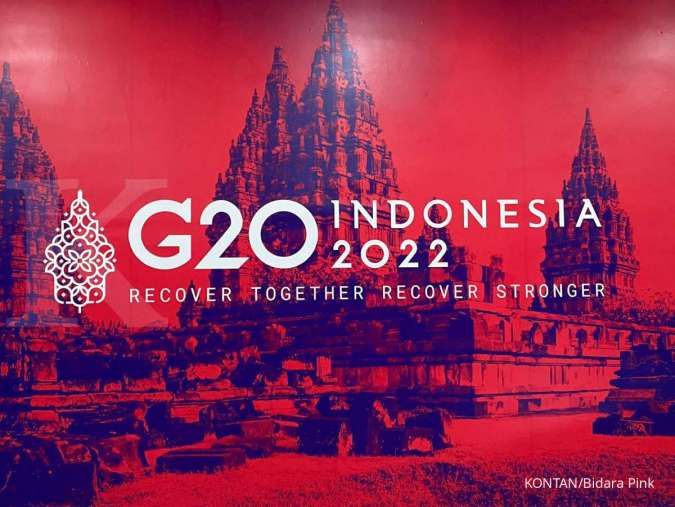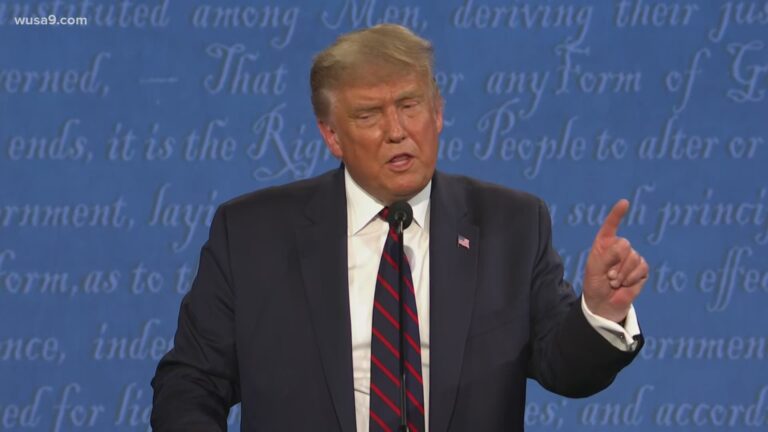
STRATEGIC ASSESSMENT. As a member of the Non-Aligned Movement (NAM), Indonesia as the G20 president can maintain its free and active foreign policy even as the Russia-Ukraine conflict threatens summit, observer Mohammad Riza Widyarsa said on Tuesday.
“We are firm that no one can intervene. Even if Canada, the United States, or the United Kingdom ‘walk out,’ Finance Minister Sri Mulyani had said it would not be a problem because the most important thing is for the discussion to keep going,” he said. Inviting Russia to the summit, he added, is proof of Indonesia’s independence and confirms Indonesia’s non-aligned stance.
University of Indonesia Professor of International Law Hikmahanto Juwana on Sunday said the Turkish government’s support for the G20 Indonesia Presidency is significant since it was based on consensus rather than a choice made by a few countries. He explained that Turkey is currently the head of MIKTA (middle power partnership between Mexico, Indonesia, South Korea, Turkey and Australia) and Indonesia holds the G20 presidency this year. Both countries have significant roles in facing the global challenges. He said Turkey’s support could have a significant positive impact on Indonesia’s G20 presidency and the preservation of G20 priorities.
The United States is among nations pressing Indonesia to include Ukraine as a guest at the Group of 20 summit in November, frustrated at Jakarta’s refusal to withdraw an invitation for Russian President Vladimir Putin. The shift in tactics shows the diplomatic wrangling confronting Indonesia as G-20 hosts this year, and the dilemma for member states including the U.S. given Putin’s war in Ukraine, now entering its third month.
The U.S. and some other Group of Seven members are now asking Jakarta, which has said it wants to “remain impartial” as rotating chair of the G-20, to extend an invitation for President Volodymyr Zelenskiy to attend at least some of the meeting, according to officials familiar with the matter. Including Zelenskiy would make it even more of a logistical and diplomatic nightmare for Indonesia if Putin decided to attend the summit on the tropical island of Bali in person. And it’s unclear if adding Ukraine would be enough to guarantee other leaders show up.
At least some, including U.S. President Joe Biden, would not sit at the same table as Putin either way, the people said. It’s unclear whether or how Indonesia could engineer a summit to allow Putin and Biden to avoid crossing paths. One official familiar with the discussions said that message is now being reinforced behind closed doors. Indonesia is still working out its position, according to another official, who asked not to be identified discussing confidential matters. The summit is months away and the government would prefer to wait and see. There’s been no decision yet on inviting Ukraine to the November summit, the person added.
Foreign Affairs Minister Retno LP Marsudi recently concluded a diplomatic roundtrip to secure continued support for Indonesia’s G20 presidency, following protests by the United States and its Western allies last week in Washington, D.C. that led to a walkout at a high-profile meeting. The minister was on a tour of three G20 member states — the U.K., France, and Turkey — to discuss bilateral issues as well as ongoing developments at the G20, which has been mired by the threat of a Western boycott over Russia’s invasion of Ukraine in February.
Retno concluded her tour with a visit to the Turkish capital Ankara on Friday. There she met with Foreign Minister Mevlüt Çavuşoğlu and vowed to intensify communications on the situation in Ukraine and the G20. During their meeting, Retno expressed her appreciation for the role Turkey has played in mediating Russia and Ukraine peace talks, saying all nations have the responsibility to build an “enabling environment” to secure peace.
Indonesia appears to have navigated the first big stress test of its G20 presidency with great aplomb, after officials from the United States and its allies walked out of a high-profile meeting of the economic forum on Apr. 20.
Unperturbed by the protests against Russia’s invasion of Ukraine in Washington, Finance Minister Sri Mulyani Indrawati said she was confident the strike “will not erode cooperation or the importance of the G20 forum.” Crucially, she also secured a collective commitment to address other pre-existing challenges.
For its part, Indonesia has sought to maintain its neutrality in presiding over a voluntary association of nations that remains divided over what to do about Russia.
In one corner, the U.S. and its G7 allies insist on punishing Moscow with any means necessary, leading with threatening to boycott the G20 Bali summit in November. For other G20 members, however, the U.S. crusade may feel overzealous and ultimately distracting, given the forum’s busy timetable.
In any case, it is Indonesia, not the G7, that must shepherd the debate and lead with creativity. Even then, the bigger test is still to come in the months that lie ahead.
U.S. President Joe Biden will have more to say about Russia at his meeting with ASEAN leaders next month, and it will be up to Indonesia as the liaison to the United States and the holder of the G20 presidency to ensure that no one gets distracted.
Inevitably, how President Jokowi handles that meeting will set the tone, for better or worse, of Indonesia’s ASEAN chairmanship next year. Jakarta also has an opportunity to direct all the negative energy over Russia’s antics to the G20 foreign ministers’ meeting in July, which is the more appropriate venue.






